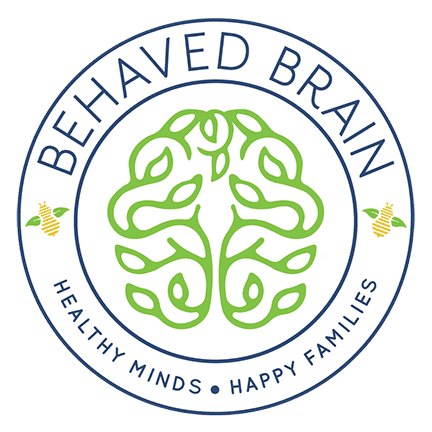Depression in adolescence can be difficult to treat and to acknowledge. Teenagers often prefer to spend more time isolated from their families as they develop a sense of independence and engage more with peers.
I truly believe there is a lack of education about mental illness in our world, and a tremendous stigma that comes from starting therapy and asking for help. Often times, parents are concerned about the long-term labels that come from starting therapy, which still saddens me, as the mental repercussions of this pandemic are still to be seen.
Your teen may be struggling if you notice increasd irritability or arguing, a change or decrease in appetite, sleep disturbances or increased isolation. If they seem to have had an interest in activities or clubs, and more recently are keeping to themselves, then they may be depressed.
And with all things considered these days, this behavior would not be uncommon or unwarranted. The rate of depression and anxiety is up significantly, as the loss of normalcy, the fear of illness and the unpredictability the future is going to bring continues to hit us day to day. Our teens, and our kids, do not see the long-term path. They fundamentally lack the executive functioning to know that this won’t be forever, and often they are left to question and make up their own stories as to what will happen next, and what they are missing.
Depression, especially situational depression – that is when depression is triggered by a specific situation or event – is not a terminal illness. Most children and teens will work through their depression and learn strategies to handle their mood cycle. The benefits of starting therapy young are that they continue to be more self-aware and learn lifelong coping strategies and self-awareness to help them navigate their future more confidently.
Usually if put on the right medication, supplement, lifestyle and therapy regime, depression can be elevated and at times resolved. Depression is usually caused by a chemical imbalance, so when that is addressed, symptoms can be lifted, more often when it is a newer onset or a single episode.
Going outside and connecting with nature, while not something someone with depression will want to do, is something they should do everyday if possible. The research behind moving bodies (that is, activity and exercise) and being outside supports the improvement of any mental health issue, depression included. If your teen is fighting you on it, try to schedule a family hike, or downplay a walk around the block with their dog. They will experience the benefits for sure.
The great thing about having a teenager is that you can talk to them more so than you can talk to a little child, as they understand their feelings a bit more. Validating their experience and what is stressful for them is so important. Often times teens will say, “I tried to tell my parents but they said life is hard so I need to deal with it,” or, “They told me that they had it the same – but they didn’t.” Even when we know that our experience is similar to theirs, they will not see it in that way. Validate their experience, leave yours out for comparison and ask them what you can do for them. Suggest therapy. Often times teens know or want the help, but they are afraid to ask, if you casually throw out the option of therapy you may be surprised how willing they are to talk, and how much better they may feel after they talk through their stress with someone neutral.
This time is difficult for some, unbearable for others. I hope everyone continues to do well, take things as they come, and know that this too shall pass.
